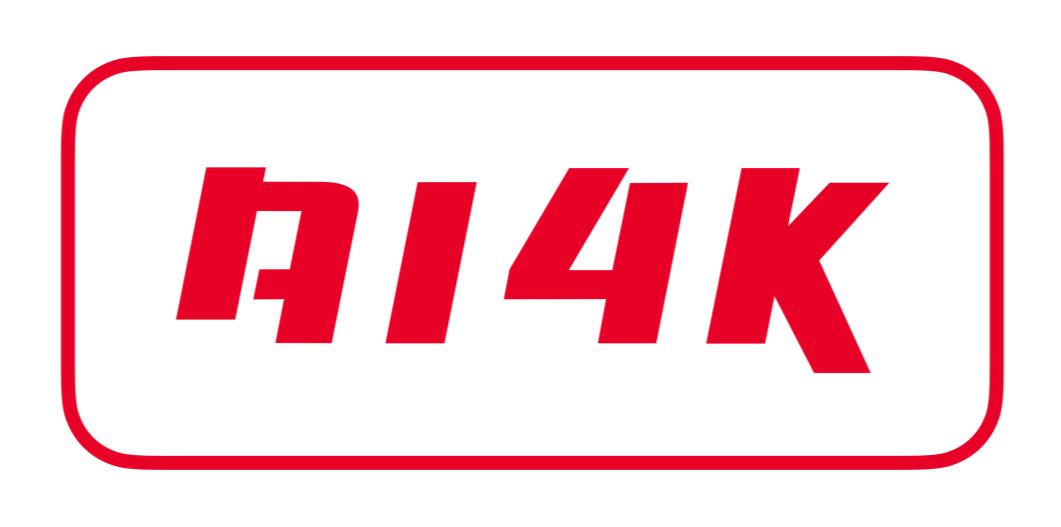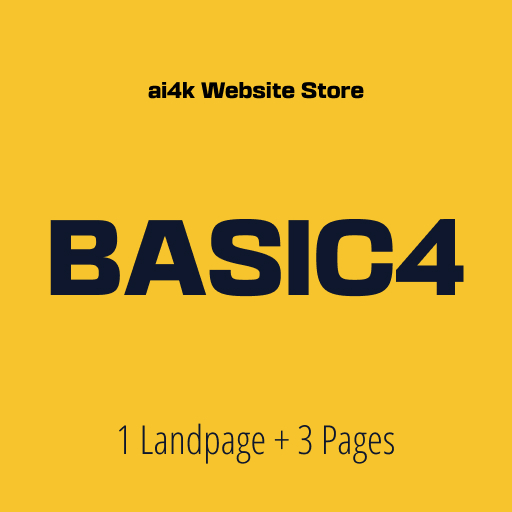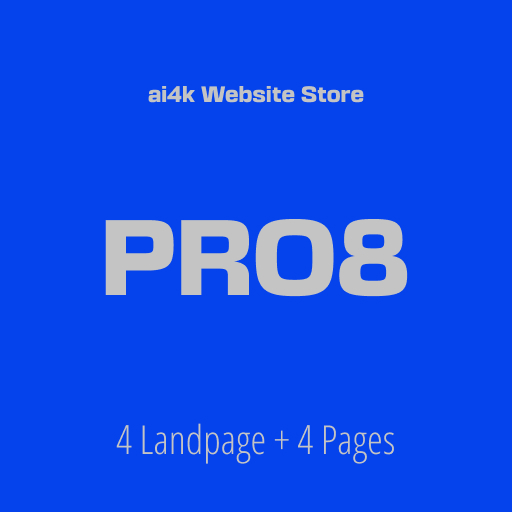Keywords vs Entities
Entities and keywords are both important concepts in SEO, but they serve different purposes and have distinct characteristics:
What is an Entity
An entity is a more comprehensive and broad concept. It can refer to a wide range of things, such as people, places, organizations, products, and more.
Entities are typically real-world objects or concepts.
In SEO, entities often include specific brands, companies, products, and well-known figures.
Search engines like Google use entities to understand the relationships between different elements on the web, helping to provide more accurate and relevant search results.
What is a Keyword
A keyword is a specific word or phrase that users enter into search engines to find information on a particular topic.
Keywords are more focused on the language and terms that people use in their search queries.
In SEO, keywords are crucial for optimizing content and making it discoverable in search results.
Keyword research is the process of identifying the words and phrases that are relevant to your content and that people are likely to search for.
Keyword Research Tools
Free keyword research tools are essential resources for anyone looking to improve their website’s visibility in search engine results. These tools help you identify the most relevant and high-traffic keywords for your content.
Some of these free AI SEO tools for keyword research use Generative AI, and other use Machine Learning and Deep Learning directly or indirectly (by gathering data from Google).
By using free keyword research tools, you can:
Discover Relevant Keywords
These tools suggest keywords related to your niche or topic, helping you find terms that your target audience is likely to search for.
Analyze Competition
You can assess the competitiveness of keywords, allowing you to focus on those that offer the best opportunities to rank well in search results.
Refine Content Strategy
Keyword research tools provide insights into user intent, enabling you to create content that addresses specific queries and meets user needs.
Optimize SEO
By incorporating the right keywords into your content, you can improve your site’s search engine optimization (SEO) and attract more organic traffic.
Track Performance
Some free tools offer features to monitor keyword performance over time, helping you adjust your SEO strategy as needed.
Some of these tools use the google’s “autocomplete” (better for entities) or the google’s “also ask” (better for autocomplete) data to provide you the keywords.
Free Keywords Research Tools
GetKeywords
GetKeywords is a keyword research tool that helps you discover relevant keywords for your content. It provides insights into search volume and competition, assisting you in optimizing your content for search engines.
Sonar
Sonar is an Amazon-specific keyword research tool. It helps Amazon sellers identify keywords relevant to their product listings, improving visibility and sales on the platform.
QuestionDB
QuestionDB is a valuable resource for content creators. It provides a database of questions from various online forums, allowing you to find popular questions related to your niche or topic.
Ryan Robinson’s Keyword Tool
Created by Ryan Robinson, this tool assists in keyword research by suggesting relevant terms and phrases for your content. It’s particularly useful for bloggers and content marketers.
Keyword Tool Dominator
This tool helps you find long-tail keywords by extracting suggestions from major search engines, including Google, Amazon, eBay, and more. It’s beneficial for e-commerce and content optimization.
Google Autocomplete
Google Autocomplete is a built-in feature of the search engine. It provides suggested search queries as you type, helping you discover popular and related keywords.
Keyword Tool
Keyword Tool is a versatile tool that generates keyword suggestions based on Google Autocomplete. It offers insights into search volume, competition, and cost-per-click (CPC) data.
Glimpse
Glimpse is a keyword research tool that provides real-time keyword data, helping you stay up-to-date with trending topics and search queries.
Keywords Everywhere
A browser extension, Keywords Everywhere displays keyword data directly on search engine result pages and various websites. It offers search volume, CPC, and competition metrics.
AlsoAsked
AlsoAsked visualizes the “People Also Ask” feature from Google search results. It helps you identify related questions and topics that you can address in your content.
Keyword Surfer
A Chrome extension, Keyword Surfer offers keyword data right in your browser. It includes search volume, CPC, and backlink information, helping you make informed content decisions.
Keyworddit
Keyworddit is a Reddit-specific keyword research tool. It extracts keywords from Reddit discussions, providing insights into popular topics on the platform.
Jaaxy
Jaaxy is a comprehensive keyword research tool that offers insights into competition, search volume, and domain availability. It’s popular among affiliate marketers and bloggers.
TagCrowd
TagCrowd is a text analysis tool that generates tag clouds from text or URLs. While not a traditional keyword research tool, it can help you visualize prominent terms in a document or on a web page.
Soovle
Soovle provides keyword suggestions from multiple search engines and platforms, including Google, YouTube, Amazon, and more, offering a holistic view of potential keywords.
AnswerThePublic
AnswerThePublic visualizes common questions and queries related to a keyword, helping you identify content ideas and address user queries comprehensively.
Google Keyword Planner
Provided by Google Ads, the Keyword Planner is a powerful tool for advertisers. It offers keyword ideas, search volume data, and competition insights to help plan effective ad campaigns.
ChatGPT and similar AI Tools.
ChatGPT and similar AI tools, powered by advanced natural language processing, are revolutionizing keyword research.
These AI tools can assist in identifying relevant keywords by understanding user intent, context, and conversation patterns.
By engaging with these AI models, users can extract valuable keyword insights and suggestions, helping them discover more nuanced and user-friendly search terms.
This approach goes beyond traditional keyword research, enabling a deeper understanding of the evolving language used in online searches.
ChatGPT and similar AI tools are particularly useful for content creators and marketers looking to stay ahead in the dynamic world of SEO and digital marketing.
ChatGPT and the volume of keywords
ChatGPT and similar AI models, like GPT-3.5, are indeed trained on a large corpus of web data and can assist in keyword-related tasks. However, there are some important considerations:
Keyword Identification
ChatGPT can help identify keywords within a piece of content. It can understand the language and context of the text, which can be valuable in suggesting relevant keywords.
Keyword Summation
While ChatGPT can identify keywords, it may not be the most efficient tool for summing up keywords and providing keyword volume. Summing up keywords to determine their search volume typically involves aggregating data from search engines, which is better done using specialized keyword research tools.
Common Keywords
ChatGPT is trained on a diverse dataset, and it can suggest keywords that are commonly used on the web. However, it’s not guaranteed that the keywords it suggests are the ones with the highest search volume. The popularity of keywords can vary by topic, region, and over time, so using specialized SEO tools to access search volume data is recommended for accuracy.
In summary, ChatGPT can assist in identifying keywords within content and offer insights into common keywords, but for more accurate keyword volume data and keyword summation, it’s advisable to use dedicated SEO keyword research tools or services. These tools are designed to provide specific keyword metrics and can help inform your SEO strategy effectively.




